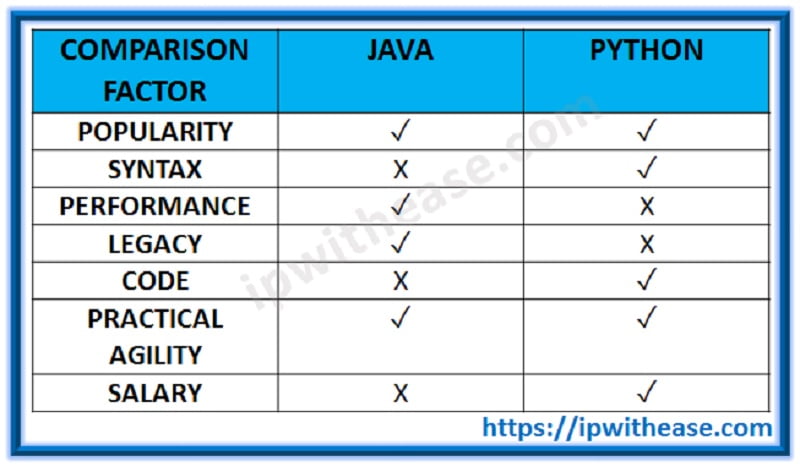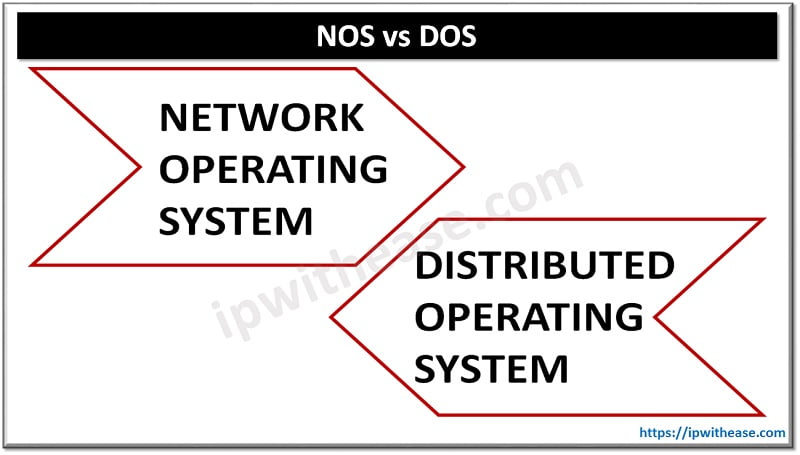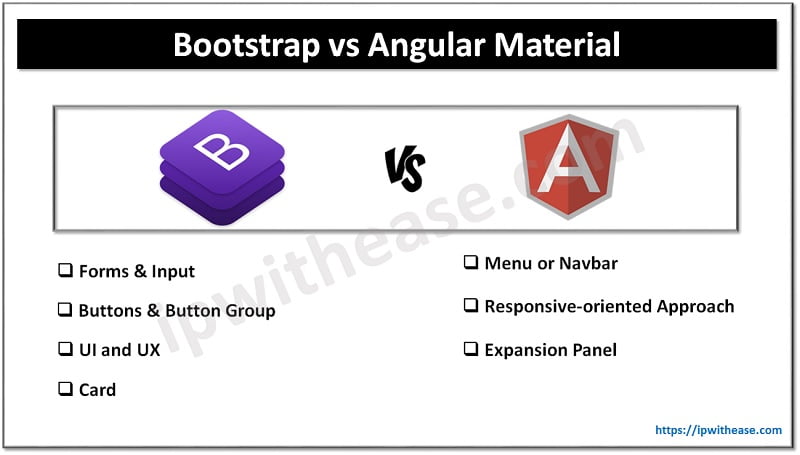The fundamental measure of computer science is a programming language. It acts as a toolbox for the programmer and plays a crucial part in every programming activity.
When you think to become a programmer, it is a quite difficult and confusing job to decide on which programming language to do specialization in.
Most of the people choose from the most popular programming languages which are nowadays Java and Python.
This is a very frequent question asked by most of the people that which is the best language between Java and Python?
It has been seen that these languages have become popular from the last few years because of being vast and capable of achieving most of the tasks.
There are many differences between both and we shall discuss the key characteristics, comparison, pros and cons to provide more clarity of the subjects and help you decide on selecting the language of choice.
Java
Java is one of the popular languages developed in 1995 and later on owned by oracle. It works on the principle of write once and run anywhere. It is easy to learn and simple to use, secure, fast and powerful. It can work on different platforms such as Windows, Linux, Mac, Raspberry Pi, etc.
Python
Python is a high level, object-oriented language. It was developed by Guido van Rossum in the early nineties at the National Research Institute for Mathematics and Computer Science in the Netherlands.
Python is derived from many other languages, including Modula-3, ABC, C, C++, Smalltalk, Algol-68, and Unix shell and including others. It is also easy to read and learn and supports the interactive mode. It also supports automatic garbage collection.
Java vs Python differences:

Popularity:
In Java vs Python comparison, both languages are a close competitor in the top positions of popularity. So, it is quite safe to say that both languages reside around the same area in popularity.
Syntax:
The main advantage of Python in Java vs Python race is that it is a dynamically typed language. When you code in Python, you do not require to determine variable types because the interpreter will conclude these types and also check them during run time. This results in syntax being easier, which is quite similar to the English Language. Moreover, Python doesn’t use enclosing braces and follows indentation which makes the code quite easy to read and friendly for beginners.
On the other hand, Java follows strict syntax rules, it is statically typed language where it is necessary to declare your variable types and there should not be any variance as the code will not compile. It is quite difficult for beginners to learn.
Performance:
The speed of programming language depends not just on the execution time. Various other factors involve the determination of speed. Thus, it becomes quite difficult to validate the speed. Despite all, it has been concluded that Java being a compiled language is faster than the Python.
Legacy:
Python has legacy problems, so many organizations find it difficult to copy and paste codes while Java is having a slightly verbose code which makes it easier to use.
Code:
Python is a more preferred language as it requires only 2 lines of code. While Java takes 10 lines of code to read as it is very verbose as compared to Python.
Practical agility:
In Java vs Python, Java being a static type is most popular for web and mobile development whereas Python is the most favourable language for artificial intelligence, machine learning and many more.
Salary:
The most important point which everyone needs to know is the salary expectations. In the comparison of both the languages, it has been observed that Python engineer is more paid than the Java engineer.
With this, we reach the conclusion of correlation between Java and Python. In Python vs Java, Python has a slight edge over Java and wins the fight in the vast majority of the variables. So, hope this article may help you to have a better understanding of which programming language is better and which one to opt for.
Continue Reading:
Python Installation on Windows
ABOUT THE AUTHOR

You can learn more about her on her linkedin profile – Rashmi Bhardwaj



